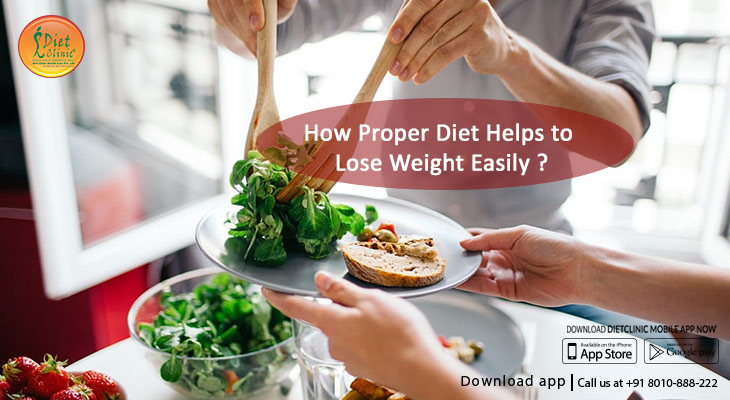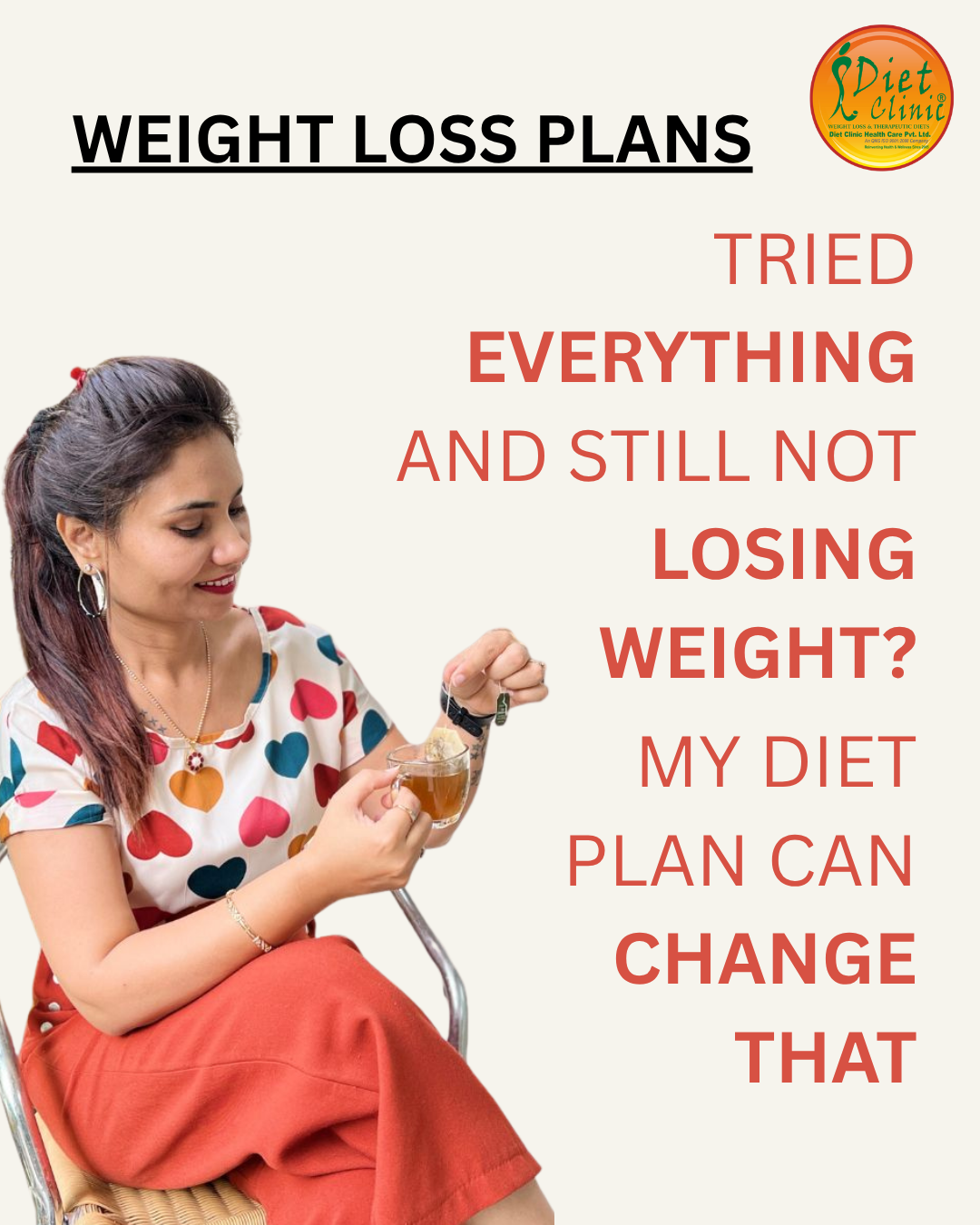
Dietician Sheela Seharawat
Most of us are aware of the risks of being overweight. Being overweight can increase the risk of Type 2 diabetes, high blood pressure, heart disease, certain types of cancer, sleep apnea, osteoarthritis and cause pregnancy problems in women, such as gestational diabetes and increased risk of cesarean section. There is a multitude of diets which prescribe How To Lose Weight Quickly. Among the best known are the high protein diet, the low carbohydrate diets, the GM diet, etc. However, despite achieving short-term weight loss goals, these plans do not deliver sustainable results. In fact, the best diet for weight loss is the combination of better nutrition through a balanced diet and regular physical activity.
The main principles of dieting.
Why do we lose weight on a diet? Any gain or loss of weight is the result of a change in our calorie intake. To achieve what is called the energy balance, you have to spend as much energy as you consume. Calories represent the energy value of food. The higher the calories, the more energy we need to compensate.
How does a weight loss diet work?
To lose weight, it is necessary to create a negative balance, that is to say, to burn more energy than calories ingested. Losing 0.5 kg per week, a reasonable goal is equivalent to spending 3,500 more calories than what was consumed. This implies a negative energy balance of 500 calories per day, which will be achieved by the combination of a reasonable dietary restriction and regular physical activity.
Several factors may interfere with the calories consumed variable. For example, it has been shown that the nutritional value of food on the nutrition label can be 20 to 30% higher or lower. Can we really rely on the nutrition label to calculate our calories? Besides, the amount of energy a food contains in calories is not necessarily the amount of energy we absorb, store and/or use. Indeed, we consume less energy from carbohydrates and minimally processed lipids because they are more difficult to digest. It is, therefore, better to eat the less processed possible.
Also, we absorb more energy from foods that are cooked because these processes break down the plant and animal cells, thus increasing their bioavailability. Finally, depending on the type of bacteria present in our gut, some people have greater ease in extracting energy/calorie from the walls of plant cells than others. These species of bacteria are known as probiotics.
Why is a fast weight loss diet not a good idea?
In the vicious circle of diets, the basic metabolism is negatively affected by decreasing it. Basic metabolism is the energy that the body spends on essential functions such as breathing, blood circulation, and so on. These functions make up about 60% of daily caloric expenditure. The higher our basic metabolism, the higher will be our daily energy expenditure. However, drastic diets reduce our basic metabolism. By going on a diet, our body panics and goes into energy saving mode. Therefore, less energy is spent at rest and the risk of gaining weight is much higher.
Moreover, age is not on our side. From the age of 20, our basal metabolic rate would decrease by 2 to 3% per year. That's why the older you get, the more you lose weight.
On the other hand, the muscle mass and the level of physical activity increase the basic metabolism, and therefore the energy expenditure. Men on average have a higher basal metabolic rate than women because they have more muscle mass. This highlights the importance of including bodybuilding exercises in our physical activity routine.
What is the best possible diet for losing weight?
If you decide to lose weight, it is advisable to do it with the help of the Best Way To Lose Weight. The drastic methods are too restrictive and deficient in calories, the complete exclusion of certain foods or groups of foods and numerous dietary prohibitions. This can lead to food cravings and a feeling of loss of control. It follows a sense of failure, and then we start another diet. It's the vicious circle that starts. The more we do, the more the risks to physical and mental health accumulate.
What is an excellent pace of weight loss?
If you are overweight or obese, losing only 5 to 10% of your weight over 6 months dramatically reduces your risk of heart disease and other health conditions according to Best Dietitian In India. The recommended rate of weight loss to stay healthy is 0.5 to 1 kg per week. Losing weight at this rate will help you maintain your weight afterward, as well as give you the time to integrate your new lifestyle. Maintaining moderate weight loss over a long period is better than losing a lot of weight and getting it back afterward. Indeed, it's been shown that when they regain lost weight, people mostly take up fat tissue (mass fat) and do not return to their initial muscle mass.
Conclusion.
Men and women are not equal in the face of weight loss. As mentioned previously, men have a larger muscle mass and therefore a higher basal metabolism, which is favorable for weight loss. However, men, mainly because of hormones, tend to accumulate more visceral fat, dangerous for health. Moreover, men, unlike women, underestimate their degree of obesity. Another difference is that women eat more frequently with their emotions (stress, depression, low self-esteem, general mood), which can interfere with the maintenance of weight loss because we wager with the head and not our stomach. It indicates that there are differences in the way men and women view weight loss. It must be taken into account during changes in lifestyle.










